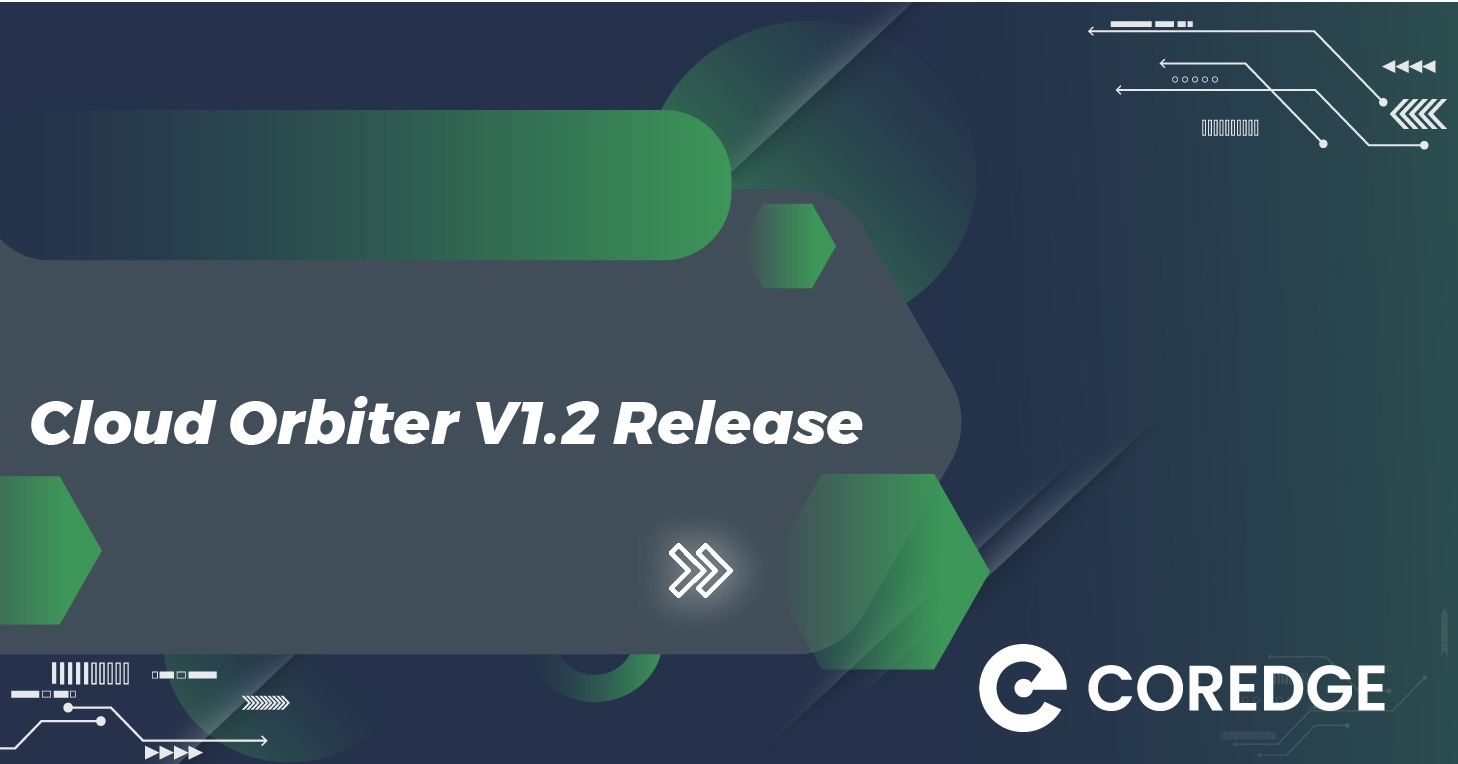What is Multicloud Orchestration? Why Do We Need It?
Coredge Marketing
December 07, 2021

Today, businesses should adopt multi-cloud strategies to deliver services and maintain user experience, agility, security, confidentiality, and other application-specific requirements. When any business makes use of the right multi-cloud strategy, it would gradually improve availability and data redundancy. However, it is true that as more and more businesses adopt multi-cloud strategies, the business management demand becomes more complex each passing day.
Organizations can’t use any conventional methodology to deal with the complexities of multi-cloud systems. Unlike earlier hybrid or private cloud environments, the resources don’t seem to be homogenous in a multi-cloud environment. A well-managed multi-cloud and reliable tool integration for handling business operations is both costly as well as typical. If the complexity of the multi-cloud exits, then no one can ensure the flexibility and agility of a multi-cloud system. This raises the need for some approach that can easily manage a multi-cloud environment and its ins and outs. Integration of a certain platform or right approach can assist in addressing all these issues.
What is multi-cloud orchestration?
Multicloud Orchestration is the best approach to deal with multi-cloud infrastructure. Multicloud orchestration is the methodology that is used to manage multi-cloud workload operations virtually. The workload operations in multi-cloud orchestration involve infrastructure deployment, load balancing, network issue solution, and patching too. All these critical functions are managed by a mechanism called a cloud orchestrator. A cloud orchestrator helps bring automation to the service cataloge request completion, integration with the front-end, and a lot more.
In addition to this, multi-cloud orchestration encompasses most of the things, right from a technical layer to a business layer. With this seamless approach, delivery of real business value and amazing user experience across platforms becomes possible. As an end-to-end monitor, report, and logging are possible with multi-cloud orchestration.
Need of Multicloud Orchestration:
Multicloud orchestration can transform an organization in different ways. It is needed to help small or big businesses in different manners. Some of the pain points are as follows:
- To have one such solution that can optimize resources, accelerate workflow, enable governance, and so, modernize applications.
- To help data centers and data administrators have full access to the database and inventory from a single screen. These people can quickly manage cloud systems based on ad-hoc specifications and standardized blueprints.
- To bring benefits to a business in terms of better financial control and other cost reduction. And, this will help in gaining visibility to the specific cloud cost management.
- To be compliant with users and support high data security levels.
- To follow IT governance framework and patterns that are rightly aligned according to the business strategy.
- To improve the efficiency of business systems and other functionalities. As, it helps in automating the process of audit and migration of existing servers between environments.
There are products available that help in managing multiple clouds as well as multi-cloud through orchestration! To know more about the tool, get in touch with the Coredge team.
If you have any thoughts or concerns, feel free to discuss them with us! We’d love to hear from you!
You can also write your query at talktous@coredge.io





